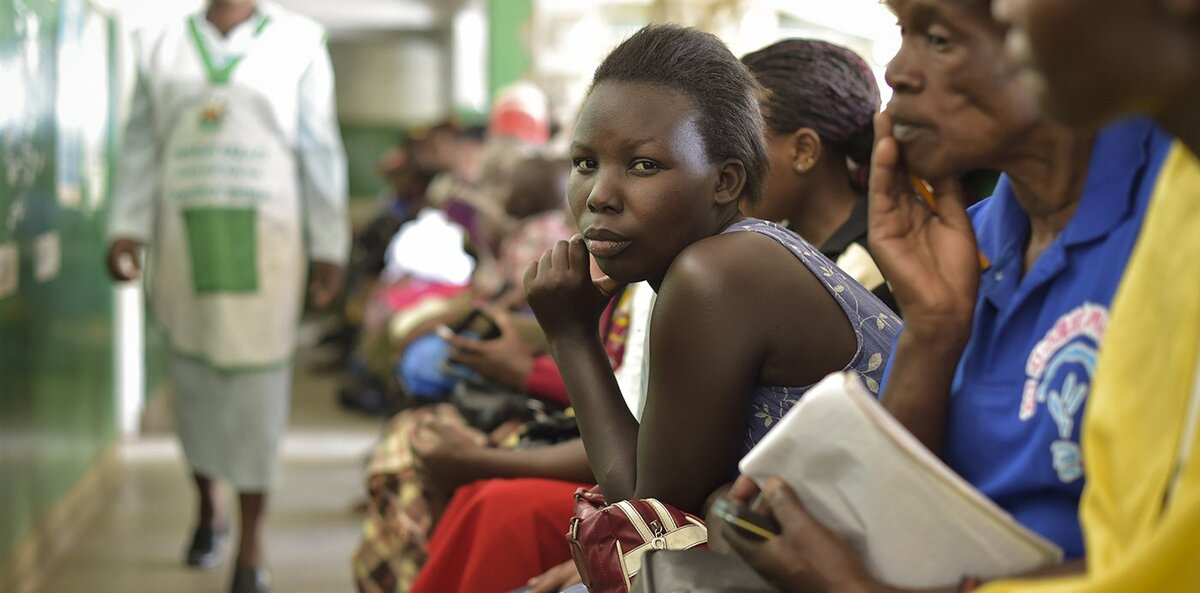Waiting on the Margins
16th June 2015

Will the contraceptive I need be there, or will they turn me away empty-handed?
A young woman sits in a clinic in Nairobi, Kenya, waiting for advice on family planning. The question running through her mind could well be: “will the contraceptive I need be there, or will they turn me away empty-handed?” A woman in Kenya on average has 4.5 children and faces a 1 in 55 lifetime risk of maternal death. The country’s unmet need for family planning is 25.6%. And Kenya is not alone. In the world’s 69 poorest countries, 162 million women who want to avoid pregnancy do not use contraception.
The Reproductive Health Supplies Coalition works to reduce some of the uncertainties facing those who seek out family planning. One way it does this is through Coordinated Assistance for Reproductive Health Supplies (CARhs), a global platform of procurers and country partners who work together to provide a safety net for when RH supplies emergencies arise.
Up to one half of girls in developing countries become mothers before their 18th birthday, meaning family planning has to start from a young age. Sadly, young people are all too often marginalized when it comes to receiving reproductive health services and supplies. Age, civil status, gender, and wealth are all factors that can profoundly affect an individual’s ability to access reproductive health services. The Coalition is especially mindful of such barriers and seeks to overcome them through its Strategic Pillar of Equity.
The goal of seeing greater equity hinges on three pathways:
- government commitment to the principle of equity,
- removing cost barriers that hinder choice and availability,
- and getting the right products into the hands of those who need them.
Category: